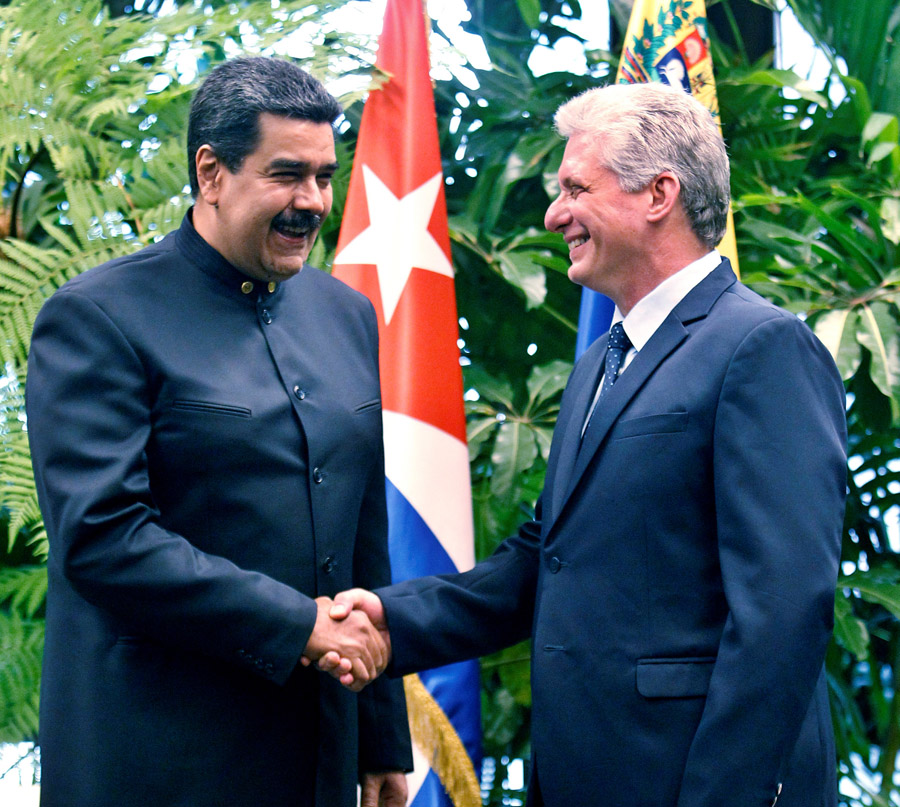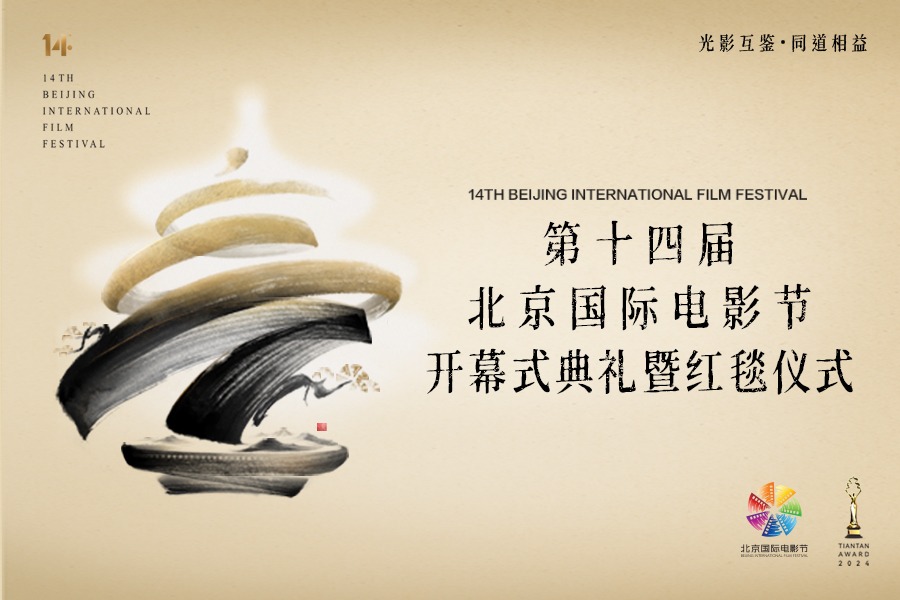Diaz-Canel will infuse vigor into ties
By Xu Shicheng | China Daily | Updated: 2018-04-24 07:34

Cuba witnessed a historic transition of power on Thursday with outgoing president Raul Castro handing over presidency to the first vice-president, Miguel Diaz-Canel. Cuba has got its first leader born after the Cuban Revolution in 1959.
In his inauguration speech, Diaz-Canel, 58, said he would follow the course of social and economic reform set at the 6th and 7th Congress of the Communist Party of Cuba. He also said Cuba would stick to its independent diplomacy policy, and not accept any conditions imposed by another country.
Nevertheless, Diaz-Canel is expected to bring freshness to Cuban politics and economy, as he promised to promote group leadership, increase people's participation in politics, and make more flexible economic policies.
That the new Cuban president faces opportunities and challenges from home and abroad is obvious. So he needs to learn from Raul Castro's reform measures and then take steps to improve them, in order to further boost the Cuban economy and raise people's living standards. But to expedite economic development, he has to unify Cuba's dual-currency system and multiple exchange rates, transform the economic structure to make it more open to non-state enterprises, and improve the regulations on individuals and nonfarm cooperatives.
Cuba also needs to diversify its diplomacy, for which Diaz-Canel has to figure out a way to ease the embargo imposed by US President Donald Trump, and to reinforce relations with the European Union and other economies in the West, and developing countries in Asia and Africa.
The overall Cuban leadership has undergone a generational transition, with the National Assembly of People's Power, Cuba's legislative parliament, also voting 31 members to the Council of State, Diaz-Canel included. Among the State Council members who have an average age of 57 years, 77.8 percent were born after the Cuban Revolution, while the eldest vice-president on the Council of State, Ramiro Valdes, is 85. However, Diaz-Canel's new right-hand man, the first vice-president, will be 72-year-old Salvador Valdes Mesa, a former union leader.
Raul Castro, 86, and former vice-president Jose Ramon Machado Ventura, 88, will respectively remain the first and second secretary of the Central Committee of the Communist Party of Cuba until 2021, when Diaz-Canel will become both president of Cuba and the first secretary of the party. Raul Castro's pledge of firm support will help Diaz-Canel to keep Cuba on the path of communism and economic reform.
Since Diaz-Canel has promised to follow Cuba's communist course, China-Cuba ties are certain to continue to improve. As President Xi Jinping said in his congratulatory message to Diaz-Canel on his election, China and Cuba are good friends and good partners, trust each other and share the same fate. In fact, China and Cuba are expected to deepen cooperation to advance toward their goals in a world of uncertainties and rapid changes.
The author is a researcher at the Institute of Latin American Studies, Chinese Academy of Social Sciences.
























